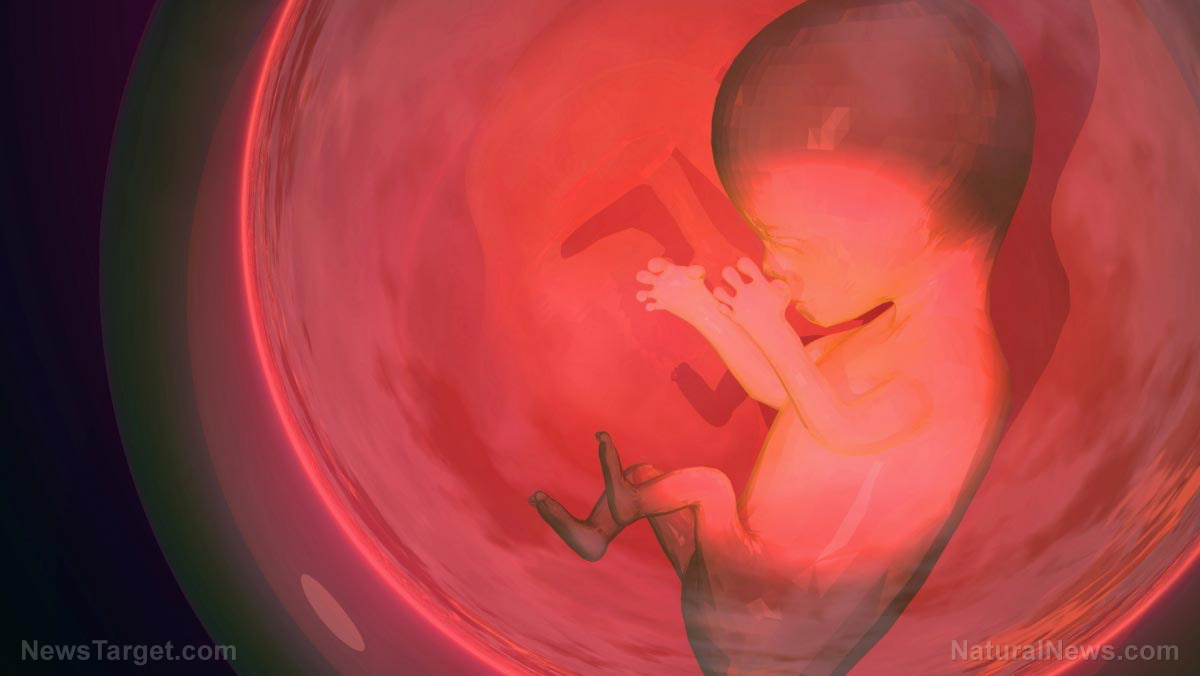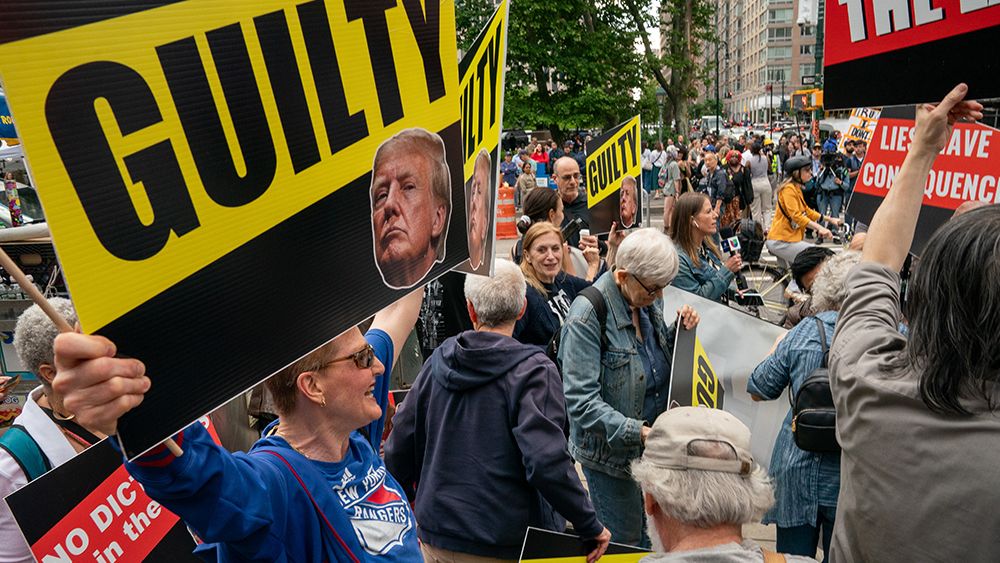 Parler
Parler Gab
Gab
Questionable data threatens to undermine the U.S. approval of AstraZeneca's vaccine
While the AstraZeneca jab has been approved in many other countries, it is yet to be authorized for use in the United States. If in case it does, it will be the fourth vaccine authorized for emergency use alongside those from Pfizer, Moderna and Johnson & Johnson. The Associated Press reported on March 24 that the British pharmaceutical firm seeks to apply for an emergency use authorization (EUA) from the U.S. Food and Drug Administration (FDA). (Related: Aussie scientists cast doubt on low-efficacy AstraZeneca coronavirus vaccine.) However, American health officials raised concerns that the British drug manufacturer may have used incomplete data for the trial results it turned in. In a March 23 statement, the U.S. National Institute of Allergy and Infectious Diseases (NIAID) voiced out its concern that AstraZeneca "may have included outdated information … [providing] an incomplete view of the efficacy data." According to the statement, the Data Safety and Monitoring Board (DSMB) alerted the U.S. National Institutes of Health, the U.S. Biomedical Advanced Research and Development Authority and AstraZeneca over this faulty information. NIAID then called on the company to "work with the DSMB" to examine the efficacy data and ensure that more accurate and updated information is made public at the soonest. (Related: VAX FRAUD: AstraZeneca fudging data to declare its coronavirus jab "safe and effective".) NIAID Director Dr. Anthony Fauci elaborated on the DSMB's move. In a March 23 interview with STAT, the American infectious disease expert said the DSMB raised alarm bells after the results in a company press release appeared to be more favorable than more recent data submitted to the safety board. "The [DSMB was] concerned that the data that went into the press release by [AstraZeneca] was not the most accurate and up-to-date data. That is what the DSMB communicated … in a rather harsh note. Having seen that letter, we could not just let it go unanswered," Fauci said. The NIAID director also answered a question regarding its March 23 statement. He explained: "We just felt we could not remain silent. Because if we did remain silent, we could be understandably accused of covering something up. And we definitely didn't want to be in that position. According to Fauci, AstraZeneca's gaffe was an "unforced error." Read more about the dangers of AstraZeneca's COVID-19 vaccine at Pandemic.news. Sources include: TheEpochTimes.com News.Yahoo.com Reuters.com NPR.org APNews.com NIH.gov STATNews.comDeborah Birx hid covid info from Trump, altered CDC guidelines without approval
By Ethan Huff // Share
Germany’s birth rate improbably falls by 11% in the first quarter of 2022
By Lance D Johnson // Share
By Mary Villareal // Share
Common signs and symptoms of magnesium deficiency
By Olivia Cook // Share
Tulsi Gabbard takes aim at censorship: Justice for the 'Disinformation Dozen'
By newseditors // Share
Trump accused of ‘Deceptive’ tariff calculations – Asian economies deny claims of high import taxes
By finnheartley // Share











